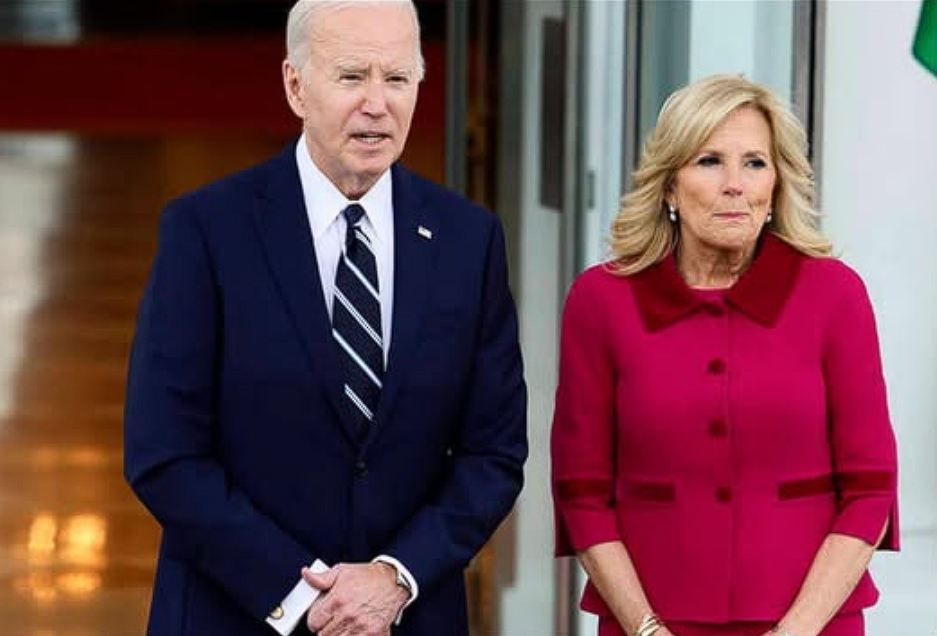Recent comments from seasoned Democratic strategist James Carville have sparked a heated debate about former President Joe Biden’s public image and legacy. Carville expressed concerns that Biden’s standing has become increasingly difficult to maintain, suggesting that he might benefit from taking a step back.
According to Carville, Biden has inadvertently damaged his reputation, leading to a decline in interest in his views and leadership. This, Carville argues, is a result of Biden’s own actions, rather than external pressures or flawed party strategies.

Carville criticized Biden’s claims of hypothetical electoral success, deeming them unrealistic and out of touch with the current political climate. He also highlighted Biden’s personal clashes, including public disagreements with notable figures, which have eroded his credibility.
In Carville’s view, Biden’s once-illustrious career has been tarnished by a “final act” that fails to resonate with the American public. This sentiment echoes a broader narrative about the Democratic Party’s shifting identity and its need to reinvent itself.
As the party looks to the future, many believe that clinging to past figures may prevent it from effectively engaging with a rapidly evolving voter demographic. The party must consider how to remain relevant and connected to the people it serves.
While some supporters argue that Biden’s past achievements should not be overshadowed by recent controversies, Carville’s observations raise a crucial question: Is it time for Biden to step aside and allow new voices to take the lead?
This debate reflects broader concerns about the state of political leadership in America. As society evolves, political parties must adapt and consider how best to represent the diverse and dynamic electorate of today.
The discussion about Biden’s role invites a broader discourse about leadership, accountability, and vision within American politics. This conversation affects not only those within the Democratic Party but all American citizens invested in the future of their country.


